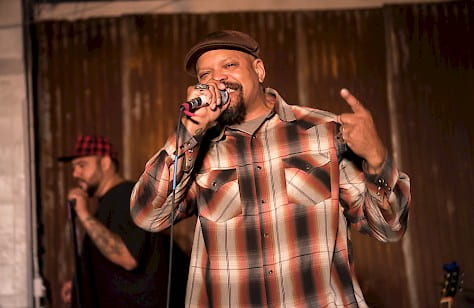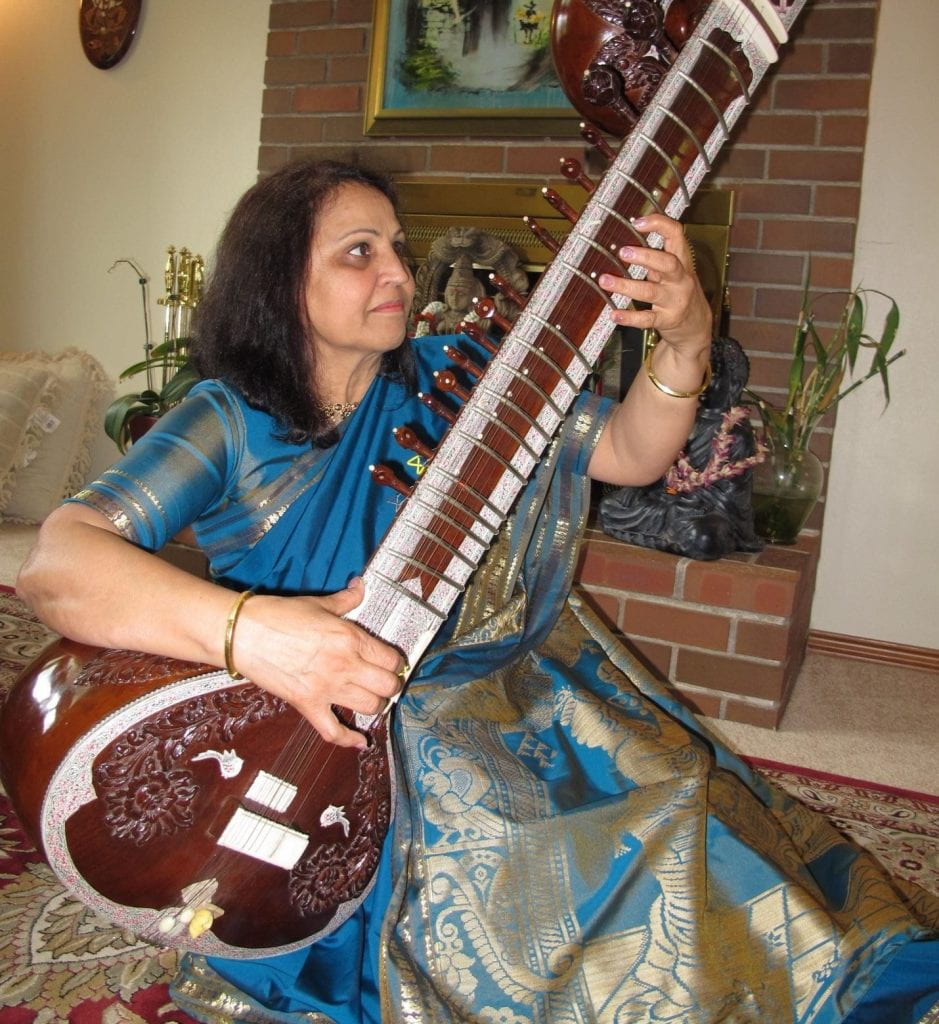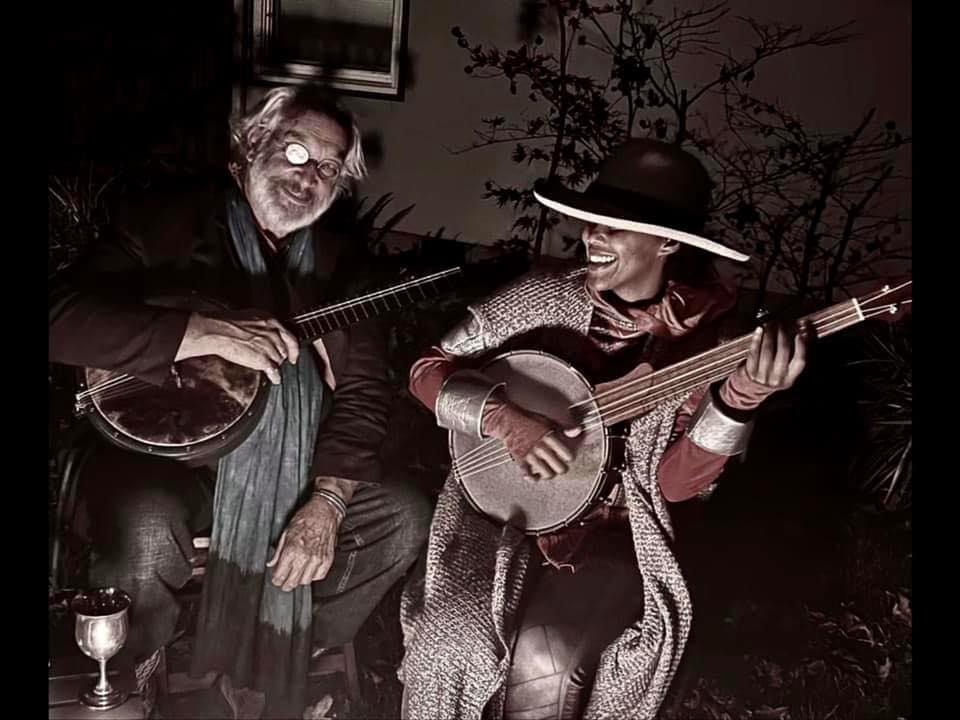We are excited to introduce the 2022 TAAP awardee cohort!
The TAAP program offers folk and traditional master artists and culture keepers a $3,500 stipend to teach their art form to apprentices from their same communities, Tribes, sacred or occupational groups. The stipend supports master artists in sharing their knowledge, skills and expertise with apprentices of great promise who will be empowered to carry on and strengthen Oregon’s living cultural traditions.
Meet the 2022 TAAP Award Recipients:
Mic Crenshaw

Mic Crenshaw
Mic Crenshaw is an emcee, rapper, spoken word artist, poet, activist, and educator. Crenshaw has taught workshops for youth through the Obo Addy Legacy Project, Caldera Arts, Multnomah County Library, the Boedecker Foundation and Young Audiences in Portland schools and in youth correctional facilities across Oregon.
This project will foster future mentor, apprentice relationships formal and informal as the young learn from their elders through observation, discussion, education, critique, and interactive entertainment.
Nisha Joshi

Nisha Joshi
Dr. Nisha Joshi is a Hindustani vocal and instrumental music performer and the director and teacher of Swaranjali Academy of Indian Music in Portland, Oregon. Dr. Joshi was born and raised in Rajasthan where she grew up studying North Indian classical (Hindustani) music and learning folk songs and dances of Rajasthan. Dr. Joshi will work with her apprentice and produce a musical performance with harmonium accompaniments.
John Meade

John Meade
John Meade is a self-taught banjo player and a practitioner of the Appalachian old-time musical tradition. He has strong ties with the tradition through his family’s origins and the relations he has developed by playing in important gatherings such as the Mud City Old Time Gathering and the Portland Old Time Gathering which is one of the largest gatherings of Appalachian musicians in the West.
John will teach regional banjo and fiddle tunes from Appalachia. The majority of the tunes come from West Virginia, Virginia, Kentucky, and North Carolina. The tradition developed in this area in the 2nd half of the 19th Century and came out of a blending of musical traditions from Celtic and African cultures.
Brian Ó hAirt

Brian Ó hAirt
Brian Ó hAirt is a master musician in Irish music. He is deeply involved to the preservation of Irish cultural heritage and traditions (especially music) and Gaelic language. He has worked closely with native Irish singers. He studied in Ireland and earned two master’s degrees there before moving to Oregon to work as a full-time musician and music teacher.
Due in part to the deep connection the songs have to their native communities and the very unique features of the Irish language and its congruous singing style, it is very difficult to promote traditional in Irish Gaelic singing here in the U.S. As such, an apprenticeship is an integral way of assuring singing within the diaspora continues.
Hossein Salehi

Hossein Salehi
Hossein Salehi learned the traditional art of Santoor-playing as a child. When his family migrated from Iran to the United States in 1987, he was unable to bring his instrument and purchasing one in Oregon was not an option; it simply did not exist. Homesick, and with the help of a friend with a talent for woodworking, he built his first Santoor.
For the last fifty years, Hossein has accepted and trained over 1000 students. His whole purpose in teaching is to familiarize people with this unique Persian instrument in order to keep it alive, and also assist students of Persian background access, as well as preserve their traditional culture of Iran.